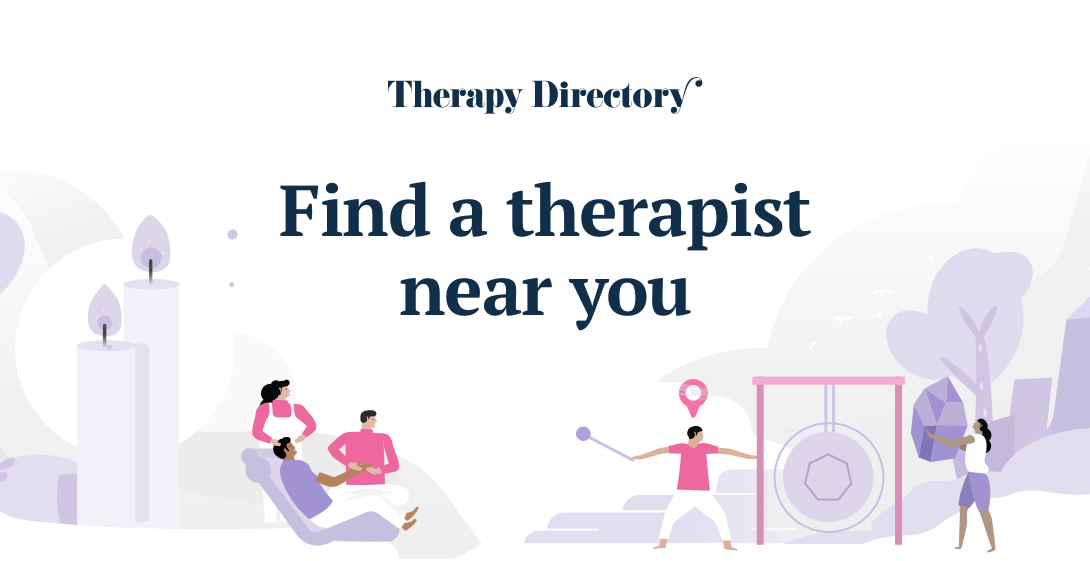
Therapist Directory Edmonton
Therapist directories are online platforms that help connect individuals with mental health professionals in their area. These directories usually allow users to search for therapists based on different criteria such as location, specialty, and insurance coverage.
In Edmonton, there are several therapist directories that you can use to find a mental health professional. Here are a few examples:
1. Psychology Today: Psychology Today is a popular online directory that allows users to search for therapists in Edmonton based on their location, specialty, and insurance coverage.
2. Theravive: Theravive is another online directory that lists mental health professionals in Edmonton. The directory includes therapists, psychologists, and counselors who specialize in different areas such as depression, anxiety, and relationship issues.
3. The College of Alberta Psychologists: The College of Alberta Psychologists is a regulatory body that oversees the practice of psychology in Alberta. Their website includes a directory of registered psychologists in Edmonton and throughout the province.
4. Alberta Health Services: Alberta Health Services is the provincial health authority in Alberta. Their website includes a directory of mental health services in Edmonton and throughout the province, including information on how to access these services.
When using therapist directories, it’s important to remember that not all mental health professionals are listed on these platforms. It’s also important to do your own research and due diligence to ensure that the professional you choose is a good fit for your needs and preferences.
TIPS TO FIND A GOOD THERAPIST
1. Consider your specific needs: Think about what kind of therapy you are looking for and what your goals are. Do you want to work on managing stress, improving your relationships, or dealing with a specific mental health condition? This can help you narrow down your search and find a therapist who specializes in the areas you need help with.
2. Check their credentials: It’s important to ensure that the therapist you choose is licensed and qualified to provide therapy. You can check their credentials by visiting their website or contacting their licensing board.
3. Look for experience: Look for a therapist who has experience working with individuals who have similar concerns or issues as you. This can help ensure that they have the expertise and skills needed to address your specific needs.
4. Consider their approach: Different therapists use different approaches to therapy. Some may focus on cognitive-behavioral therapy, while others may use psychodynamic or humanistic approaches. Consider which approach might be the best fit for your needs.
5. Research reviews: Check online reviews and ratings to get a sense of other people’s experiences with the therapist you are considering. Keep in mind that reviews may not always be reliable, but they can provide useful information.
6. Trust your gut: Ultimately, the most important factor in finding a good therapist is feeling comfortable and safe with them. Trust your instincts and choose a therapist who you feel is a good fit for you.
Remember that finding a good therapist can take time and effort, but it’s worth it to find someone who can provide the support and guidance you need. Don’t hesitate to reach out to multiple therapists and ask questions before making a decision.
How to approach a therapist during the first session?
1. Be honest: It’s important to be honest with your therapist from the very beginning. This includes being open about your concerns, struggles, and goals for therapy. This can help your therapist understand your needs and develop a treatment plan that is tailored to you.
2. Ask questions: Don’t be afraid to ask your therapist questions about their approach to therapy, their qualifications, and their experience. This can help you feel more comfortable and confident in their abilities.
3. Set goals: Setting goals for therapy can help you and your therapist stay focused on what you want to achieve. During the first session, discuss your goals with your therapist and work together to develop a plan to achieve them.
4. Discuss any concerns you have: If you have any concerns or reservations about therapy, it’s important to discuss them with your therapist. This can help you address any potential barriers to your progress in therapy.
5. Be patient: It’s important to be patient with yourself and the therapy process. Therapy can take time, and progress may not be immediate. Remember to be kind to yourself and trust the process.
Overall, approaching a therapist during the first session can be nerve-wracking, but remember that therapists are trained to help you feel comfortable and safe. Being open, honest, and willing to ask questions can help you get the most out of your therapy experience.





